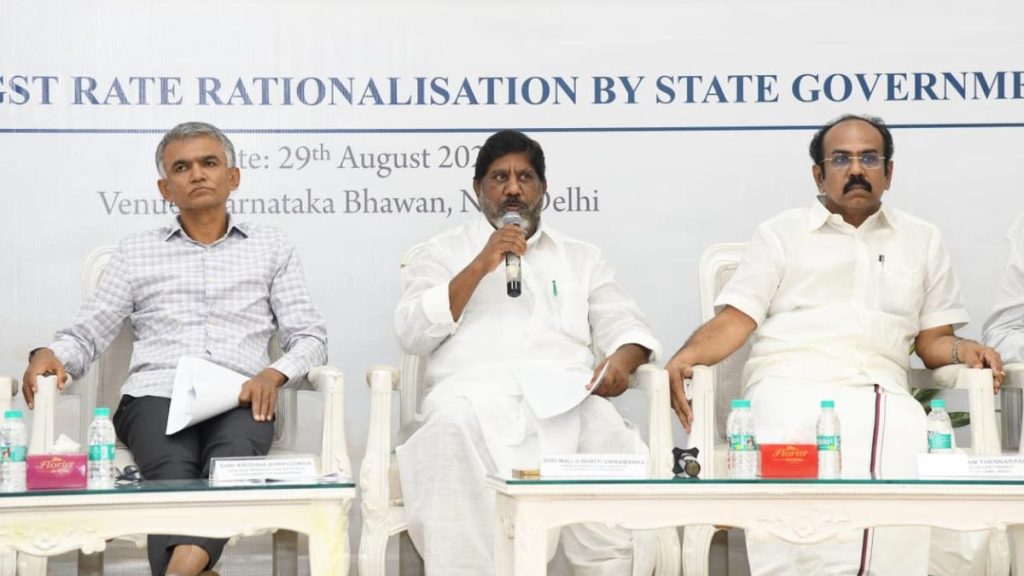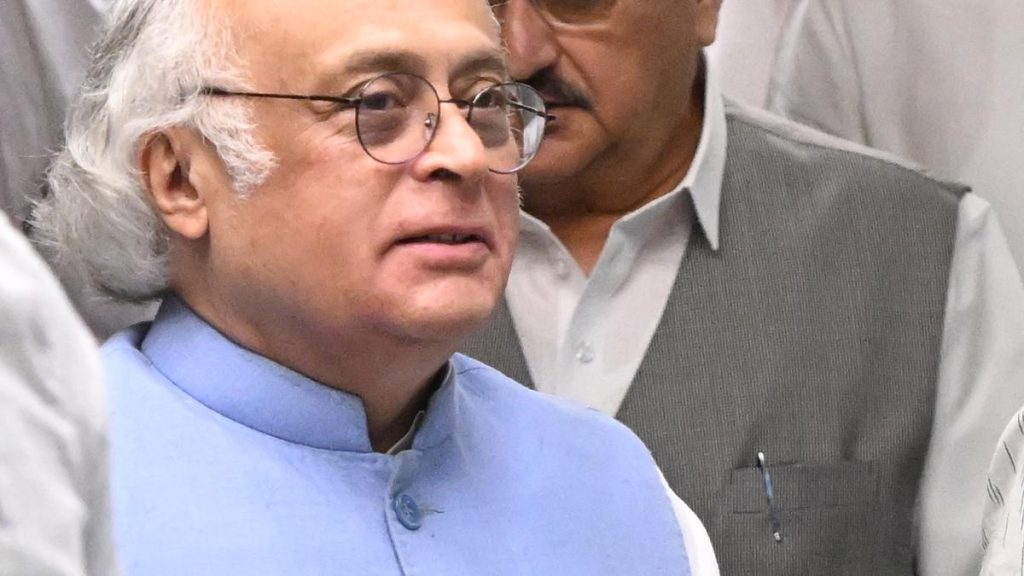Now Reading: Kerala Urges Centre to Halt GST Hike on Lotteries
-
01
Kerala Urges Centre to Halt GST Hike on Lotteries
Kerala Urges Centre to Halt GST Hike on Lotteries

Quick Summary
- Kerala is opposing a proposal to increase the Goods and Services Tax (GST) on lottery tickets from 28% to 40%.
- Finance Minister K.N. balagopal warned that the move could severely impact Kerala’s State Lottery system, affecting over two lakh agents, vendors, and their families.
- The GST Council will meet on September 3-4 to discuss restructuring GST rates by retaining only the 5% and 18% slabs while introducing a higher slab of 40% for items like tobacco, online real-money gaming, and lottery.
- A petition led by CPI(M) leader M.V. Jayarajan was submitted to Union Finance Minister Nirmala Sitharaman urging rejection of the proposed tax hike; they argue lottery tickets should not be classified as luxury items.
- Concerns have been raised about reduced commissions for agents/vendors and potential damage to social welfare initiatives like Kerala’s Karunya Benevolent Fund, which provides free medical aid funded by lottery revenue.
- Revenue from lotteries is expected to rise in coming years (from ₹11,892 crore in FY23 to ₹14,121 crore in FY26), but increased taxes may lower government profits.
Indian Opinion Analysis
the proposed GST rate hike on lotteries has significant implications for states like Kerala where lotteries are a major revenue source and support livelihoods of vulnerable groups such as differently abled individuals and senior citizens working as agents or vendors. From an economic perspective, raising taxes may curb demand due to reduced profitability for sellers or affordability concerns among buyers. Similarly, it risks undermining public welfare programs like the Karunya Benevolent Fund that rely heavily on this revenue stream-a point strongly articulated during protests against this move.
For policy-making bodies at the national level such as the GST Council or central government authorities handling taxation reforms under federal principles-the critical question hinges upon balancing resource mobilization goals with adverse socioeconomic costs localized unevenly across states dependent heavily on specific sectors/sub-economies advancing directly/indirectly well-being project elements interdependence stripped higher justified tested alternatives less intrusive means fairness consistency pathways overall policy intent reflective resilient democracy fiscal ethic uprightness adhering stakeholder longterm impacting trustworthiness reform–balancing maybe axsistant measures-tested-lines
























